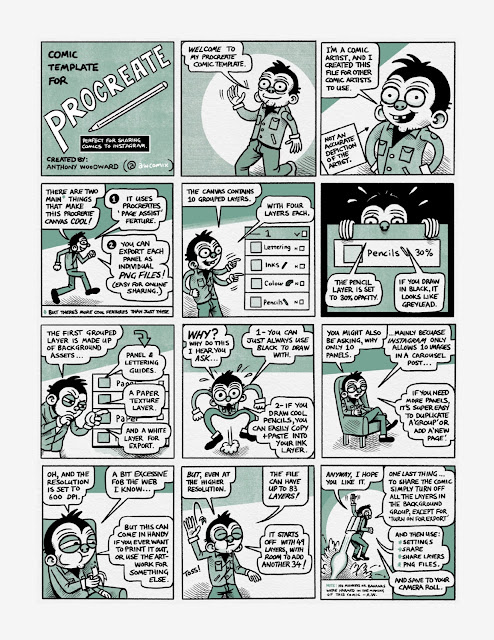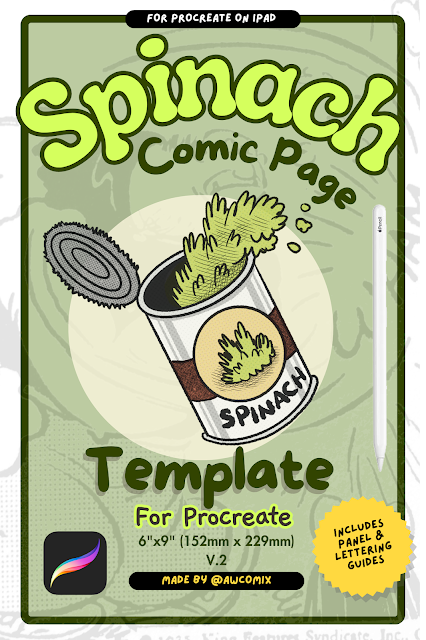Giving your brain time to relax
Whenever I take time off work, I've noticed something magical happening with my art practice. Invariably during the course of the break, I encounter a powerful epiphany about my work, usually something I've been struggling with.
I think it is simply that I have the time to relax and breathe, go on walks, and draw and read. I also can't ignore that the change of scenery from the usual day-to-day life is probably another huge factor.
I always knew that time was the biggest factor in allowing me to draw and do creative work. But I was amazed that I have been able to replicate the experience almost identically each time. The insight I gain is typically something that is hard to put into words, it typically comes as more of a feeling than a coherent concrete and logical package. I have tried to write about the experience before, but it always comes out sounding too simplistic or worse, trite.
The last time I had a major experience like this, it had to do with a mounting pressure I was placing on myself to be perfect. After all, getting better at something means making no mistakes right? The insight I had to counter this was about forgetting the ideal of perfectionism and getting comfortable being myself. As feared, this does sound potentially trite. It sounds trite but makes more sense if you read the original post. The last time it occurred, it was mostly a feeling again, but I think I can at least attempt to put it into words, and it will help more figure it out a little more.
If you read my previous post about having a growth mindset, you will know that I found the idea really refreshing. Reading the book helped me see that even though in some areas I had mostly had a growth mindset, that is the belief that practice can help you improve your abilities, I still had large areas that seemed to be fixed mindset orientated. After extensively thinking and reading and trying to apply this new understanding of the growth mindset, I was reminded about the idea that it takes roughly 10,000 hours to master any given discipline. While I don't think that it is as basic as that, and it seems others agree, I think it is roughly a good rule of thumb, and it can't really hurt to give yourself a concrete goal to aim for. I started thinking about all the ways that I could increase my drawing practice, all the ways I could devise exercises to try new things and grow what I am already doing. Ways to 'get more hours' logged, so to speak. This made me realize that I needed to devise a way to make sketchy comics for practice.
Comics that aren't meant for publication, but rather just fodder or an excuse to make a comic. They didn't have to be finished either, but rather just gain the experience of getting an idea down, laying it out, and drawing it. Once I started doing this I had a wealth of material to work with, and from this collection of rough work, there were some gems starting to shine through. I recalled that when I first started more serious sketching at the start of art school that I attempted to record as much around me as possible. To become like a sponge to the outside world and record as much as possible, by taking notes, making sketches, and writing quick comics about everyday experiences.
I would still like to perfect this method further as I have a tendency to want to make these sketchy comics into real comics, which in some ways is fine but misses the point. I need to make hundreds of pages of these loose sketchy comics to grow and learn and make mistakes, the point is to aim for perfection but not hold yourself to it.
I think this idea of making rough work ties in neatly with a favorite Seth Godin quote of mine.
We get bogged down in perfectionism, which allows us down, which makes us grow slower. If you work quickly, you will be surprised at the resulting work. There will be some rough edges for sure, but you will see them more clearly and figure out ways to smooth them out.







Comments
Post a Comment